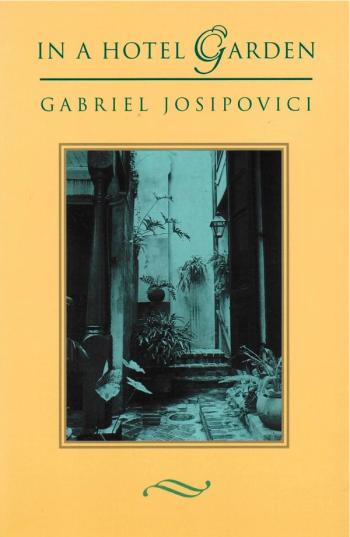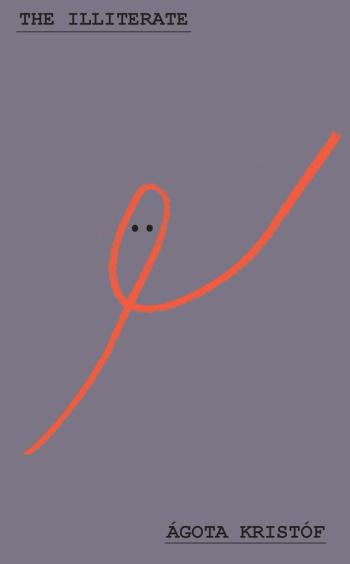Gabriel Josipovici
The author of eighteen novels, twenty plays, three volumes of stories, eight critical books, and a memoir of his mother (the poet and translator Sacha Rabinovitch), Gabriel Josipovici is a prolific writer. He was born in Nice in 1940, lived in Egypt from 1945 to 1956, then went to England where he read English at Oxford University. Although Josipovici wrote in a variety of genres, it was his short fiction Mobius the Stripper that brought him early success in 1974. Two distinct themes are frequently present in Josipovici’s works; the idea of art as a toy, and the sense that we are creatures in time. His plays have been widely performed and broadcast in England, France, and Germany, and his works have been translated into several languages. Josipovici was a Professor of English at the School of European Studies at Sussex University for thirty-five years and took early retirement in 1998. He lives in Lewes, England and regularly contributes to the Times Literary Supplement.


